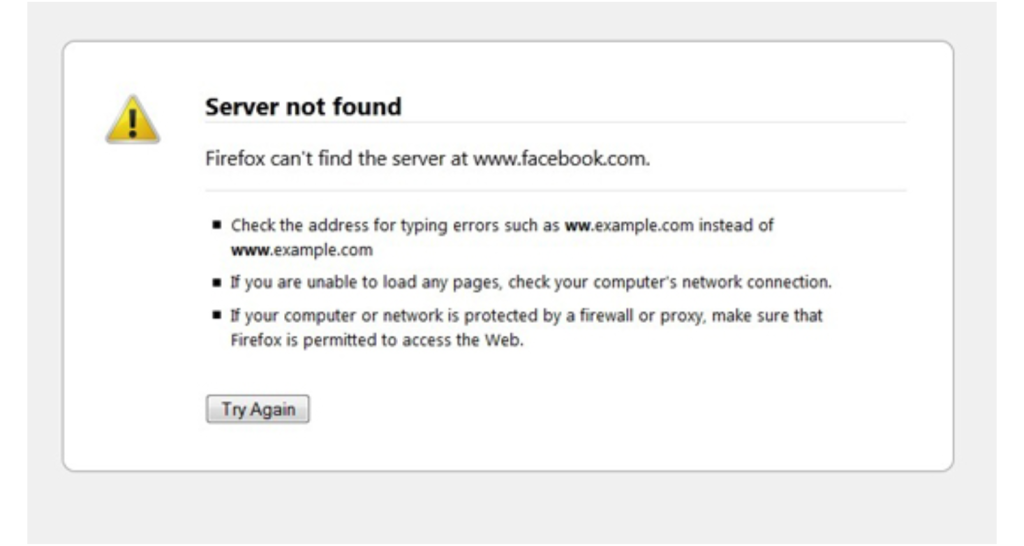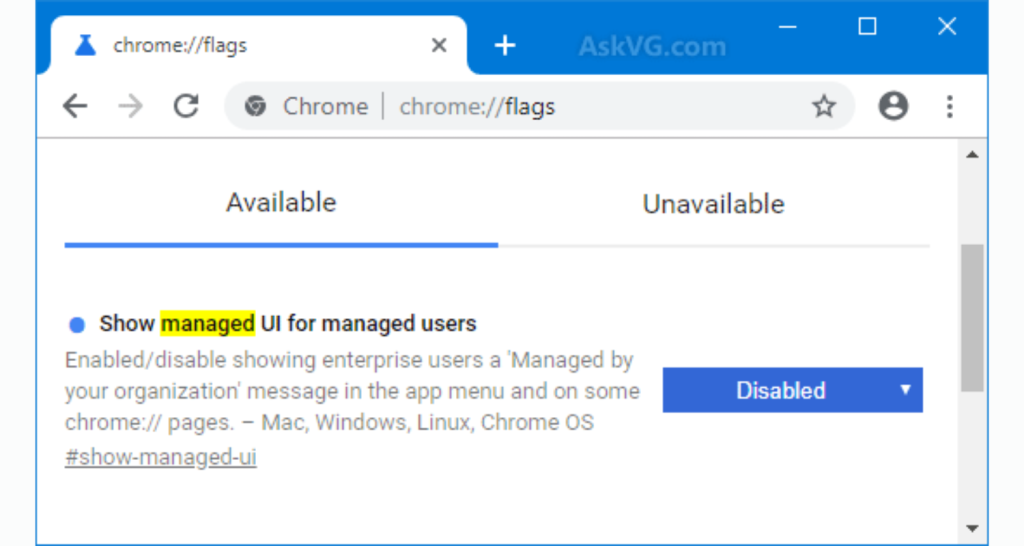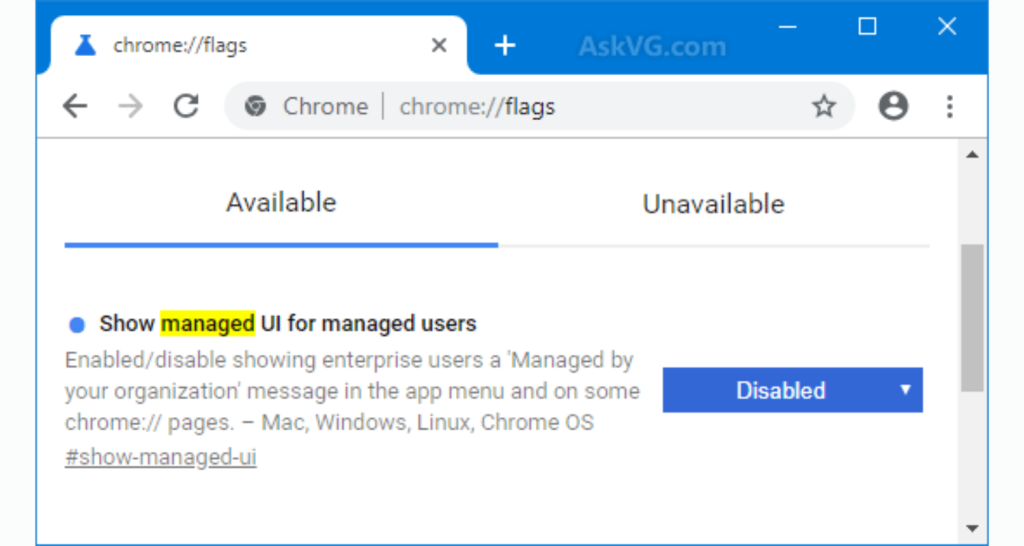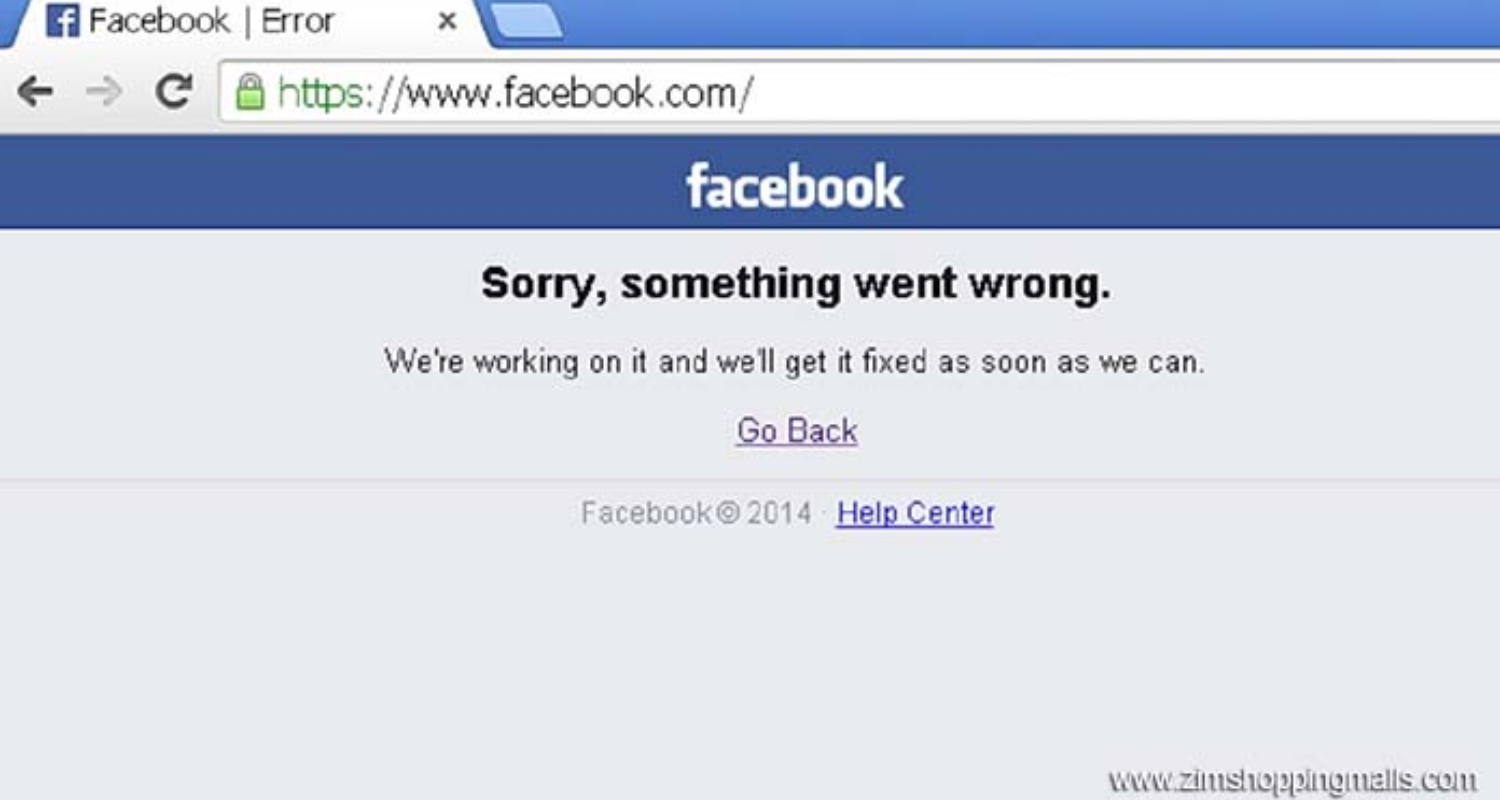Facebook is undoubtedly one of the most popular social media platforms worldwide. However, encountering issues like "Facebook not loading on Chrome" can be frustrating. This article will explore ten possible reasons behind this problem and provide five effective solutions to help you resolve it.
Google Opens Access to Search Generative Experience: How to Signup
Reasons Facebook May Not be Loading on Chrome:
Browser Cache and Cookies: Accumulated cache and cookies can interfere with Facebook's functionality and prevent it from loading properly.
Browser Extensions or Add-ons: Certain extensions or add-ons installed in Chrome might conflict with Facebook, causing it to fail to load.
Outdated Chrome Version: Using an outdated version of Chrome could lead to compatibility issues with Facebook, resulting in loading problems.
Network Connectivity: Poor or unstable internet connection can impede the loading of Facebook on Chrome.
DNS Issues: Incorrect DNS settings or DNS cache problems can prevent Chrome from accessing Facebook's servers and cause loading failures.
Firewall or Antivirus Settings: Overly restrictive firewall or antivirus settings may block Facebook from loading on Chrome.
Third-Party Software Interference: Some third-party software installed on your computer might interfere with the proper functioning of Chrome, leading to Facebook loading issues.
Conflicting Browser Settings: Misconfigured browser settings, such as proxy settings or security preferences, can affect the loading of Facebook on Chrome.
Malware or Adware: Malicious software or adware infections on your computer can disrupt the normal functioning of Chrome and prevent Facebook from loading.
Facebook Server Issues: At times, the problem may not lie with your browser or computer but with Facebook's servers experiencing technical difficulties.

How to Fix the “Sorry This Content Isn’t Available Right Now” Error on Facebook
Facebook Not Loading on Chrome: How to Fix
Clear Browser Cache and Cookies: Go to Chrome's settings, find the "Privacy and Security" section, and clear the browsing data, including cache and cookies.
Disable Browser Extensions: Temporarily disable all extensions in Chrome and check if Facebook loads properly. Enable them one by one to identify the conflicting extension.
Update Chrome: Ensure you have the latest version of Chrome installed by going to Chrome's settings and selecting "About Chrome." Update if a new version is available.
Check Network Connectivity: Verify your internet connection is stable. Restart your router/modem or access Facebook from a different network.
Reset DNS Settings: Flush the DNS cache on your computer or try switching to a public DNS server like Google DNS or OpenDNS.
Adjust Firewall or Antivirus Settings: Temporarily disable or adjust your firewall or antivirus software settings to allow Facebook to load on Chrome.
Remove Third-Party Software: Uninstall any recently installed software that might interfere with Chrome's functioning, particularly those related to network management or security.
Reset Chrome Settings: Find the "Advanced" section in Chrome's settings and choose "Reset and Clean up." Reset Chrome settings to default to resolve any conflicting configurations.
Scan for Malware or Adware: Run a thorough scan using reliable antivirus software to detect and remove any malware or adware that could be causing the issue.

Check Facebook's Server Status: Visit Facebook's official social media channels or status pages to verify if there are any ongoing server issues or maintenance activities affecting Facebook's availability.
Disable Hardware Acceleration: In Chrome's settings, navigate to "Advanced" and locate the "System" section. Disable the "Use hardware acceleration when available" option and relaunch Chrome to see if Facebook loads properly.
Check Chrome Flags: Type "chrome://flags" in the address bar and press Enter. Look for the "Experimental" or "Flags" section and click on "Reset all to default." Restart Chrome and check if Facebook loads without any issues.

Disable Proxy Settings: Go to the "System" section in Chrome's settings and click "Open proxy settings." In the "Connections" tab, ensure the "Automatically detect settings" option is enabled, and any other proxy settings are disabled.
Use Incognito Mode: Open a new Incognito window in Chrome by pressing Ctrl+Shift+N (or Command+Shift+N on Mac). Try accessing Facebook in this mode to check if any extensions or settings interfere with its loading.
Reinstall Chrome: If all else fails, consider uninstalling and reinstalling Chrome. Download the latest version from the official Chrome website, install it, and try accessing Facebook again.
Conclusion:
Experiencing Facebook loading issues on Chrome can be frustrating, but by understanding the potential causes and implementing the suggested solutions, you can overcome this problem. Remember to keep your browser and system updated, maintain a secure browsing environment, and troubleshoot network-related issues. With these measures, you can enjoy uninterrupted access to Facebook on Chrome.
